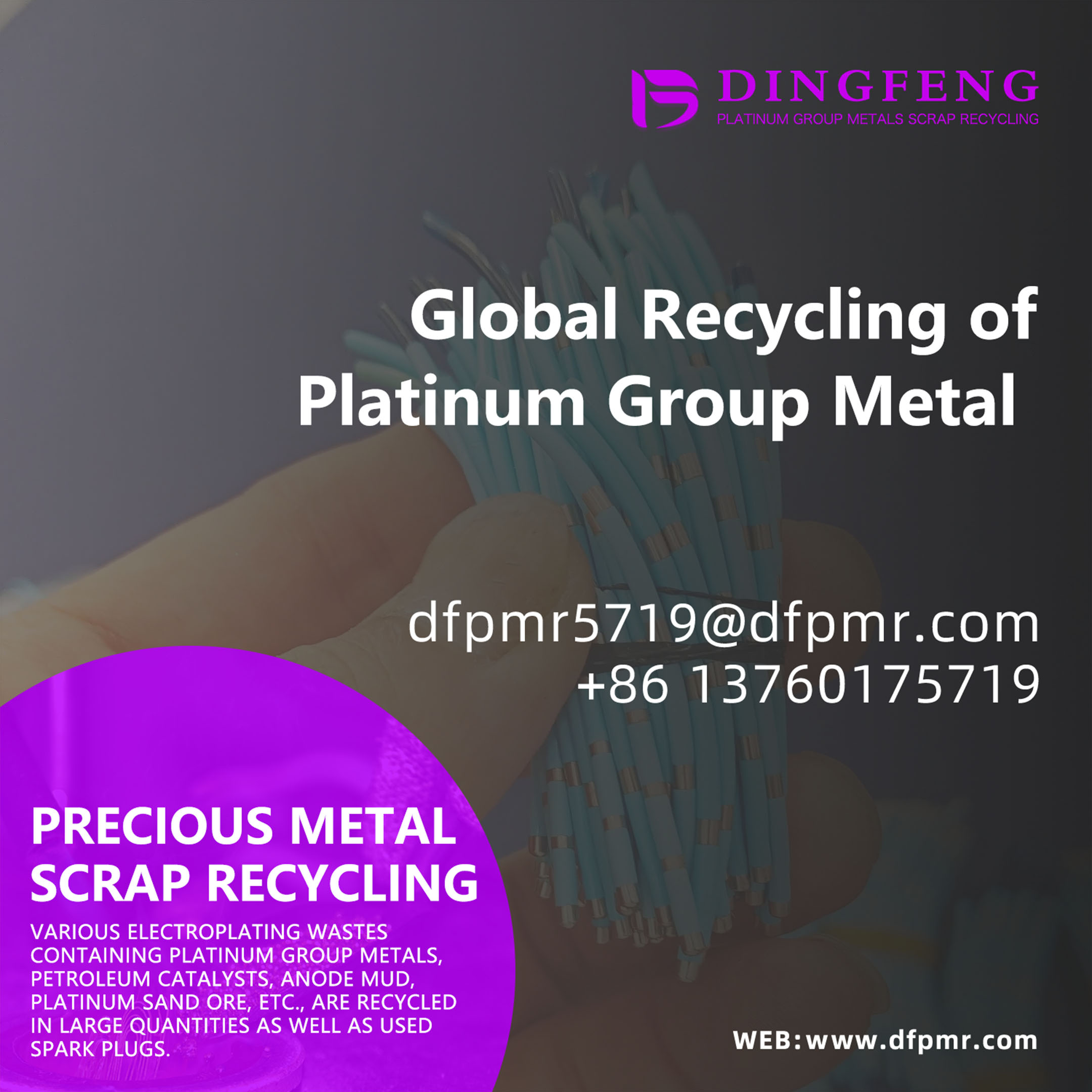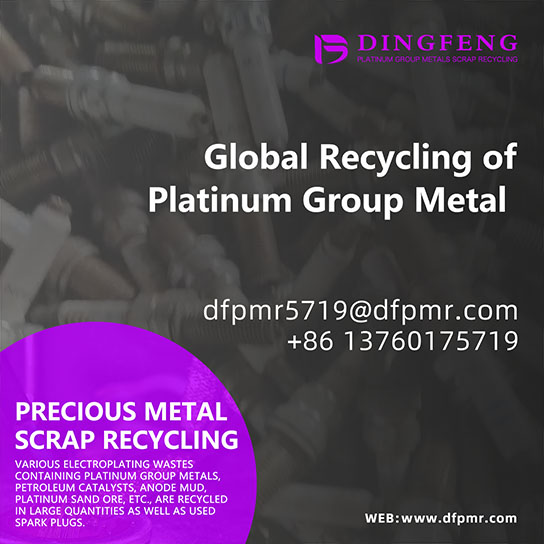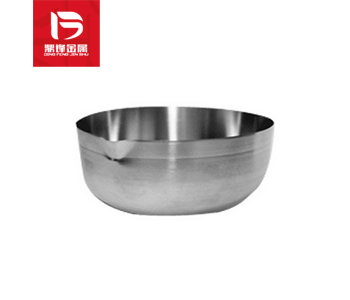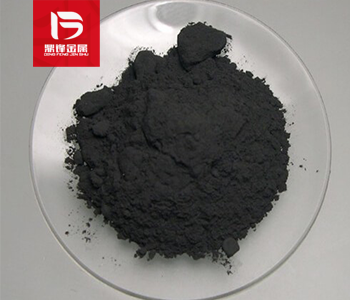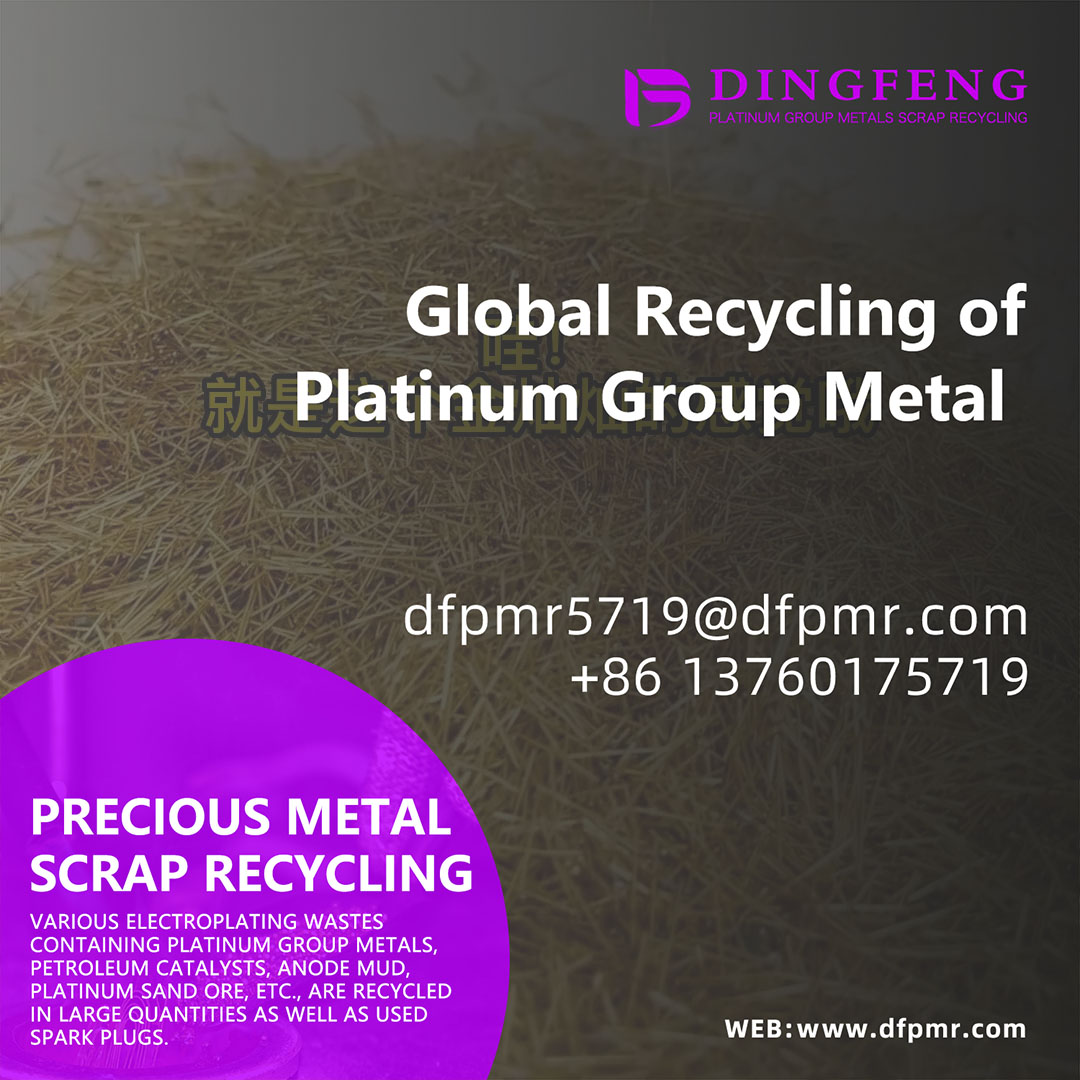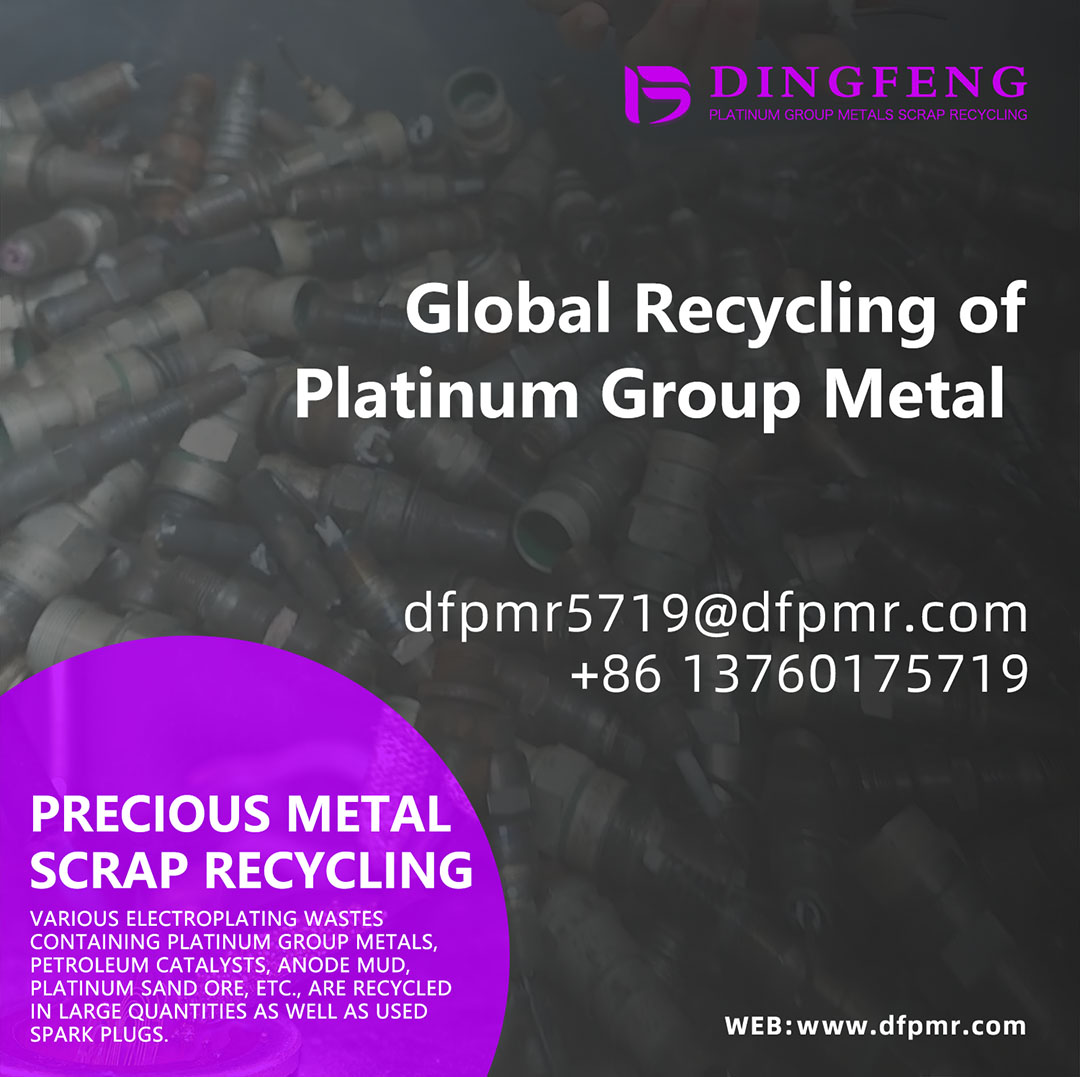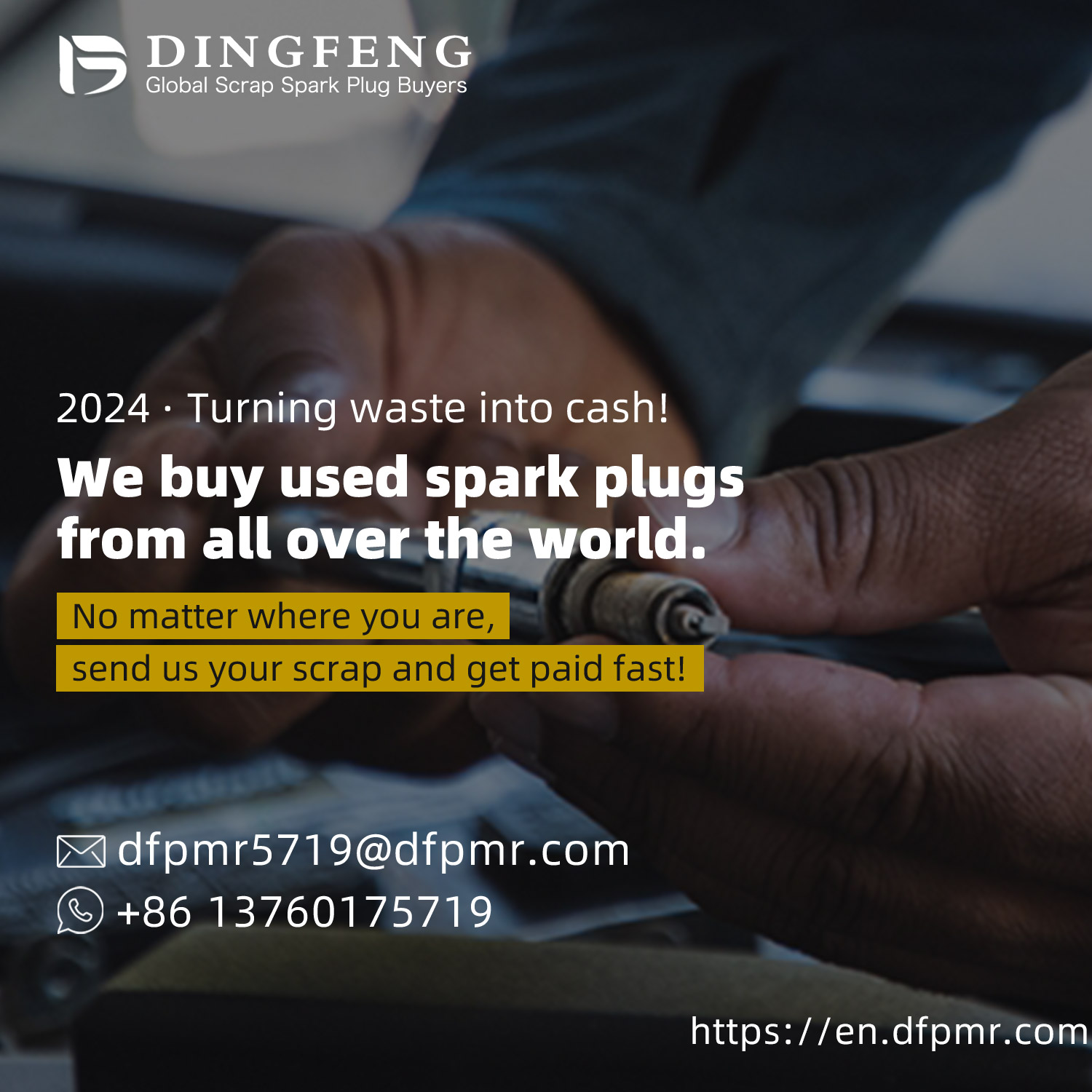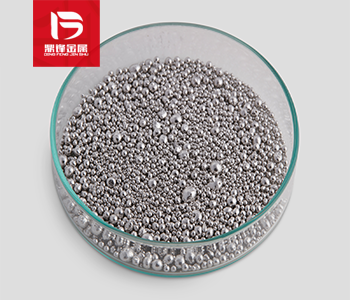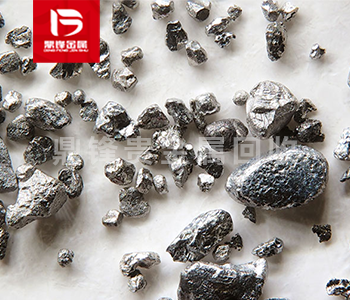Recycling Platinum-Rhodium Thermocouples: A Sustainable Path to Precious Metal Recovery
Platinum-rhodium thermocouples are essential in industries that operate under extreme temperatures and demand precise measurement. Used in steel production, glass manufacturing, aerospace systems, and chemical processing, these thermocouples provide accurate data where standard metals cannot survive. While they are crucial for production efficiency, the platinum and rhodium they contain make them far too valuable to discard once their service life ends. Recycling these thermocouples not only unlocks hidden value but also contributes to global sustainability and resource conservation.
Product Details
Platinum-rhodium thermocouples are essential in industries that operate under extreme temperatures and demand precise measurement. Used in steel production, glass manufacturing, aerospace systems, and chemical processing, these thermocouples provide accurate data where standard metals cannot survive. While they are crucial for production efficiency, the platinum and rhodium they contain make them far too valuable to discard once their service life ends. Recycling these thermocouples not only unlocks hidden value but also contributes to global sustainability and resource conservation.
The Importance of Platinum and Rhodium in Thermocouples
Thermocouples work by measuring temperature differences through electrical voltage generated at the junction of two metals. Platinum and rhodium alloys are chosen for high-performance thermocouples (Types R, S, and B) due to their:
Resistance to high temperatures up to 1700°C.
Long-term stability, even under constant exposure to harsh conditions.
Excellent corrosion resistance in oxidizing environments.
Consistency in measurement, which is vital for quality control.
Rhodium, though present in smaller quantities compared to platinum, enhances strength and oxidation resistance, making the alloy more durable. This combination ensures accurate measurement in environments where failure would be costly and dangerous.
Why Recycling Platinum-Rhodium Thermocouples Matters
Mining new platinum and rhodium is not only expensive but also environmentally damaging. Both metals are classified as critical raw materials due to their rarity and high demand. Recycling provides an efficient and responsible solution by:
Reducing dependency on mining, which consumes significant energy and disrupts ecosystems.
Recovering valuable resources, preserving finite reserves for future use.
Generating financial returns, as recovered metals can be sold or reused in manufacturing.
For industries that regularly replace thermocouples, recycling ensures that no precious metals are lost in the waste stream.
The Recycling Process
Recovering platinum and rhodium from thermocouples requires advanced technology and careful processing:
Collection and Sorting
Thermocouples are collected and classified based on their type and alloy composition. Precise sorting ensures accurate valuation and maximized recovery.Disassembly and Separation
Non-metallic materials such as ceramic insulation or protective sheaths are removed, leaving behind the platinum-rhodium wires and junctions.Pre-Treatment
Cleaning removes impurities like oxides or residues, preparing the alloy for refining.Refining and Recovery
Chemical refining dissolves unwanted materials and isolates the platinum-rhodium alloy.
High-temperature smelting separates precious metals from other elements.
Electrolytic processes can be applied to achieve extremely high levels of purity.
The recovered platinum and rhodium are then transformed into reusable forms—such as sponge or ingots—for reintroduction into manufacturing.
Economic Advantages
Recycling platinum-rhodium thermocouples offers industries a direct financial benefit. Instead of purchasing newly mined materials at fluctuating global prices, companies can reclaim significant portions of the precious metals they already own. This leads to:
Reduced raw material costs.
Stable supply chains, less affected by geopolitical risks.
Better return on investment, as used thermocouples become assets rather than liabilities.
Environmental Benefits
By recycling platinum-rhodium thermocouples, industries also contribute to environmental protection:
Lower carbon footprint, since recycling consumes less energy than mining.
Waste reduction, minimizing industrial disposal.
Sustainable resource management, aligning with global environmental regulations and corporate responsibility goals.
Dingfeng Precious Metals: Expert Recycling Solutions
At Dingfeng Precious Metals, we specialize in recovering platinum and rhodium from used thermocouples. Our refining facilities are equipped with advanced technology to ensure:
High recovery efficiency, capturing maximum metal content.
Accurate analysis and transparent settlement, ensuring fair pricing.
Secure handling and professional logistics, protecting customer materials at every stage.
With years of expertise in precious metal recycling, we provide tailored solutions for steel plants, glass manufacturers, laboratories, and other industries that rely heavily on platinum-rhodium thermocouples.
Conclusion
Platinum-rhodium thermocouples are too valuable to discard. Recycling them ensures that industries recover critical precious metals while lowering costs and supporting environmental sustainability. In today’s global economy, where resource scarcity and environmental challenges are growing, recycling is not just an option—it is a necessity.
Dingfeng Precious Metals is committed to helping companies unlock the hidden value in their used thermocouples through professional, efficient, and reliable recycling services.
Contact us today at dfpmr5719@dfpmr.com or WhatsApp +8613760175719 to learn how we can help transform your platinum-rhodium thermocouple waste into lasting value.


